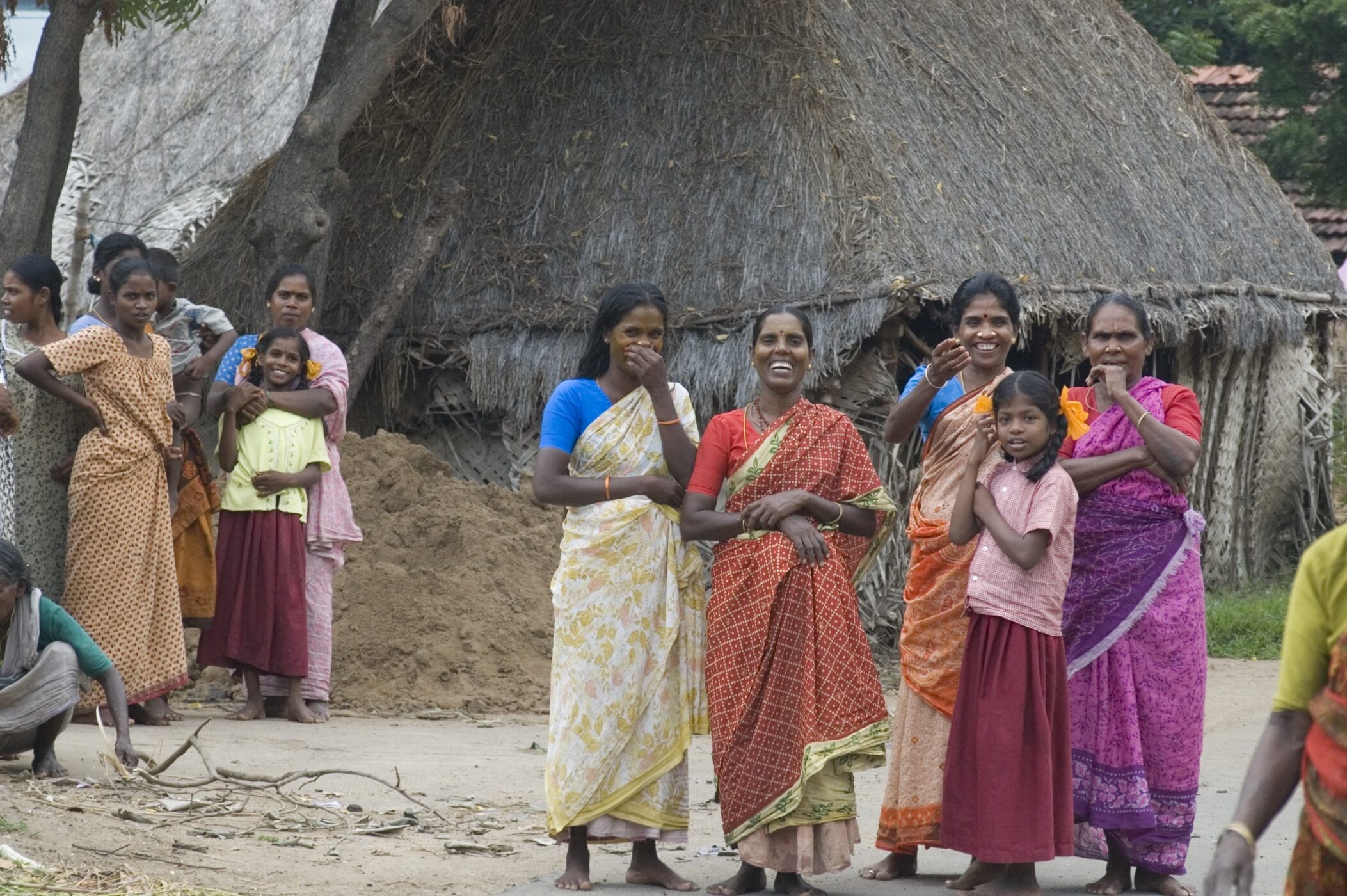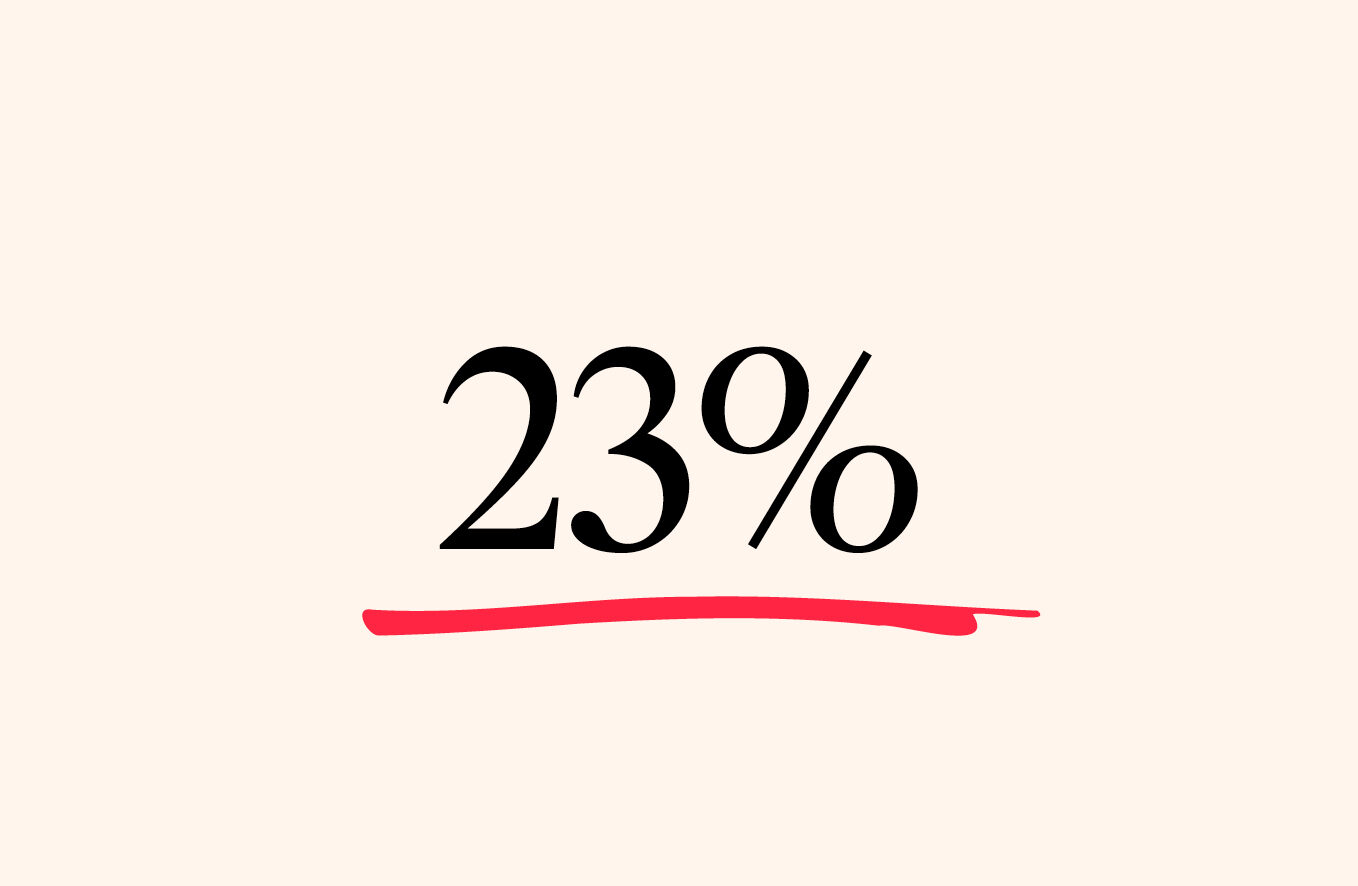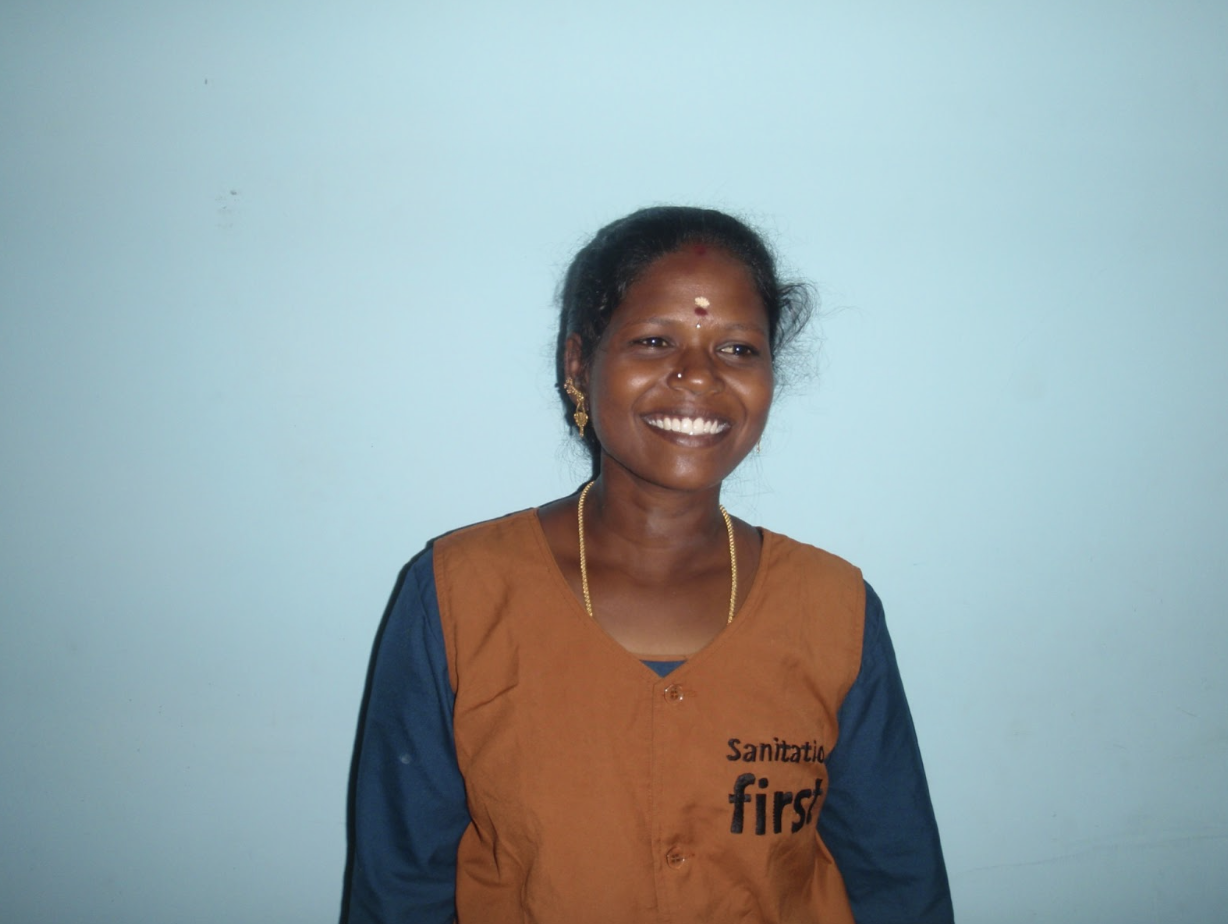Women, Girls, People with Periods


hours is the time women and girls around the world spend every day looking for a place to go to the bathroom

of girls drop out of school when they start their periods

women and girls globally lack adequate facilities for menstrual health management
A Safe And Working Toilet Changes Lives
Without a toilet, it can be very dangerous for women and girls to find a place to go outside – especially at night. In India, women who do not have access to a toilet are twice as likely to face sexual violence than those who do. Sanitation-related violence against women (VAW) is a recognised, named phenomenon. This violence is not only physical: sanitation-related VAW consists of sexual violence, socio-cultural violence, and psychological violence.*
When households don't have a decent toilet, people practice open defecation. This contaminates water sources and causes cholera and other waterborne diseases, leading to illness and death.
We build toilets for families, communities, schools, hospitals – wherever there isn't a toilet we want to build one! But whenever we build, and after 25 years of doing so, we have seen the incredible impact this has on the lives of women in particular.
*Read our paper ‘Dying for the Toilet’ by Isis Barei-Guyot, MSc International Development
Feeling Body Brilliant
We believe everybody should feel body brilliant!
Around the world, taboos and stigmas about menstruation lead to a culture of silence and limited education around menstrual health.
Children with periods often drop out of school when they start puberty. With nowhere private, clean or safe to take care of themselves, menstruating children find it exceptionally difficult to feel secure at school. On top of this, in many places around the world, taboos that suggest periods are unclean and that a menstruating body should be avoided are still believed.
We teach period education programmes to establish excellent menstrual, sexual and reproductive health literacy in schools and communities where taboos still repress women and people with periods. We teach everybody: girls, boys, men and women to ensure a full community mindset shift, and create a safe environment in which all children, especially girls, can thrive.
We also carry out menstrual disorder awareness programmes in communities where women feel unable to visit a gynaecologist for reasons both cultural and financial. We raise awareness around the potential menstrual disorders they might be experiencing and bring understanding to taboo conditions. We are leading India’s first ever study to identify women living in vulnerable communities, who might be suffering from endometriosis or other menstrual disorders. Once we have identified the issues we then offer to safely create linkages to medical professionals for treatment and management.
Read more about our period programmes and work with menstrual disorders
Our Impact
+ Keep girls in school
To date we have seen 11,500 extra girls enroll at school through the implementation of eco-toilets and our period programme.
+ Reduce child brides
Out of education girls are significantly more vulnerable to being married in their mid-teens.
+ Mitigate climate change
Female education is one of the most cost effective strategies to mitigate carbon emissions. It could take 85.42 gigatons of CO2 out of the atmosphere by 2050. (Project Drawdown)
+ Alleviate poverty and gender inequality
With bodily understanding and awareness, the suppression of women is greatly reduced.
+ Reduced child mortality
Every additional year of school a girl completes cuts rates of infant mortality by 5-10%. (Malala Fund)

Life has not been easy since my husband left me. I have two small children and also care for his aged parents, but I keep smiling! To help me care for my inlaws and young children, The Cycle built an eco-toilet for us to use. My children are healthy now which means I don’t have to spend money on medicines, so I send them to school to complete their studies. Things are easier now, so I can smile even more.
Karpagam, Puducherry
Read my full story